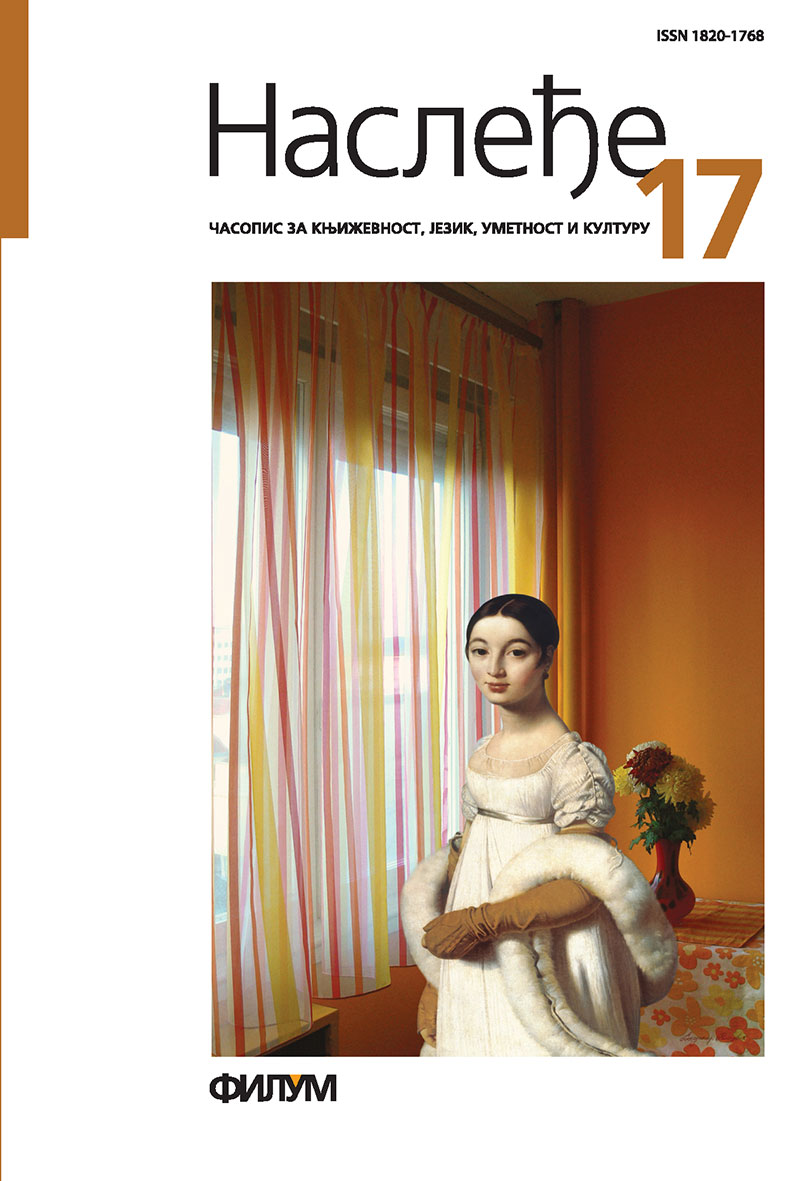POLAR SERBIA
AN INTRODUCTION IN POSTHISTORIC CULTURAL DIPLOMACY
Keywords:
априоризам историје, крај историје, Имануел Кант, јеврејски пророци, Славна револуција из 1688, Хуманитарна револуција из 1999, српска култура, постисторијска културна дипломатијаAbstract
This paper considers apriority of the concept of history. It compares Glorious revolution from 1688 and Humanitarian revolution from 1999 in order to explain the notion of the Polar Serbia on the basis of amphibolic responses to its culture. From this scope principles of posthis-toric cultural diplomacy are derived.
References
Кант 1974: И. Кант, Ум и слобода, Списи из филозофије историје, праве и државе, Београд, 191.
Locke 1963: J. Locke, Two Treatises on Government, New York: Mentor book, 171.
Locke 1979: J. Locke, An Essay concerning Human Understanding, Oxford, 495.
Tocqueville: Alexis de Tocqueville, The Old Regime and the French Revolution, New York: Garden City, 11
Locke 1963: J. Locke, Two Treatises on Government, New York: Mentor book, 171.
Locke 1979: J. Locke, An Essay concerning Human Understanding, Oxford, 495.
Tocqueville: Alexis de Tocqueville, The Old Regime and the French Revolution, New York: Garden City, 11
Downloads
Published
06-26-2011
How to Cite
Petrović А. (2011). POLAR SERBIA: AN INTRODUCTION IN POSTHISTORIC CULTURAL DIPLOMACY. Nasleđe, 8(17), 9–27. Retrieved from http://35.189.211.7/index.php/nasledje/article/view/318
Issue
Section
Articles






